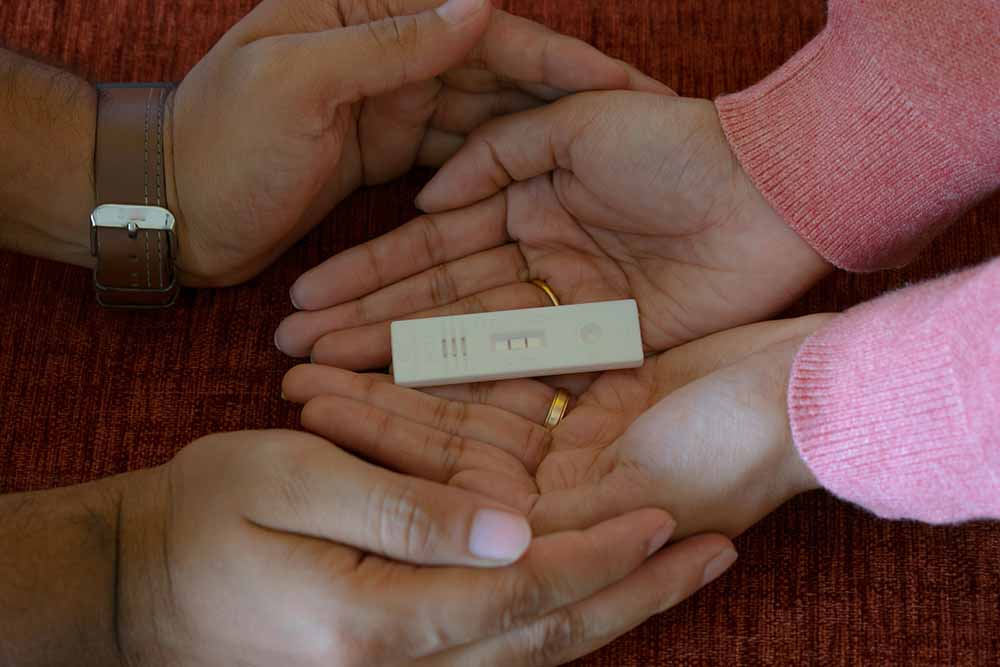According to a report by the University of Alabama at Birmingham, women exhibit heightened susceptibility to certain oral health issues due to the distinctive hormonal fluctuations they undergo across various life stages. These hormonal shifts can impact gum blood flow and alter the body's response to plaque accumulation, potentially leading to conditions like gingivitis and periodontal disease, involving infection and inflammation of the gums and supporting bones around the teeth.
Studies indicate that estrogen and progesterone surges during these stages can elevate gum inflammation risk by promoting bacterial growth, which, in turn, triggers an inflammatory response within the body. This inflammation manifests as red, swollen gums, accompanied by salivary gland swelling, mouth ulcers, or gum bleeding.

These hormonal variations elevate the likelihood of periodontal disease and other oral health complications at distinct life stages. There are five key stages during which hormonal fluctuations can impact women's oral health:
Puberty:
During puberty, heightened production of estrogen and progesterone increases blood flow to the gums, altering gum tissue's sensitivity to plaque irritants. This can lead to symptoms like redness, swelling, tenderness, and increased bleeding during oral care.

Menstrual Cycle:
Hormonal changes, especially increased progesterone levels, during the menstrual cycle can result in oral manifestations such as canker sores, swollen gums, and bleeding. Menstruation gingivitis, characterised by bleeding and swollen gums, often occurs before menstruation and subsides afterwards.

Birth Control:
Women using progesterone-containing birth control pills may experience gum inflammation due to heightened susceptibility to plaque-induced toxins. It's essential to inform your dentist about birth control usage to address any hormone-related oral health concerns effectively.

Pregnancy:
Pregnancy brings significant hormonal shifts, including increased progesterone levels, which can lead to pregnancy gingivitis at any point between the second and eighth month. Research suggests a link between periodontal disease in pregnant women and adverse birth outcomes like preterm birth and low birth weight, underscoring the importance of regular dental care throughout pregnancy.

Menopause:
Menopause introduces various oral health challenges due to hormonal changes and medications. Symptoms may include alterations in taste perception, frequent mouth burning, heightened sensitivity to temperature, and decreased saliva production, leading to a dry mouth. Reduced estrogen levels during menopause also elevate the risk of bone density loss, potentially leading to tooth loss and gum recession.
Addressing these oral health concerns necessitates regular dental check-ups and cleanings, especially before, during, and after pregnancy. Dentists may recommend additional interventions to mitigate the risk of gingivitis. Moreover, managing menopausal symptoms and attending to dry mouth concerns is crucial to prevent tooth decay and gum disease.